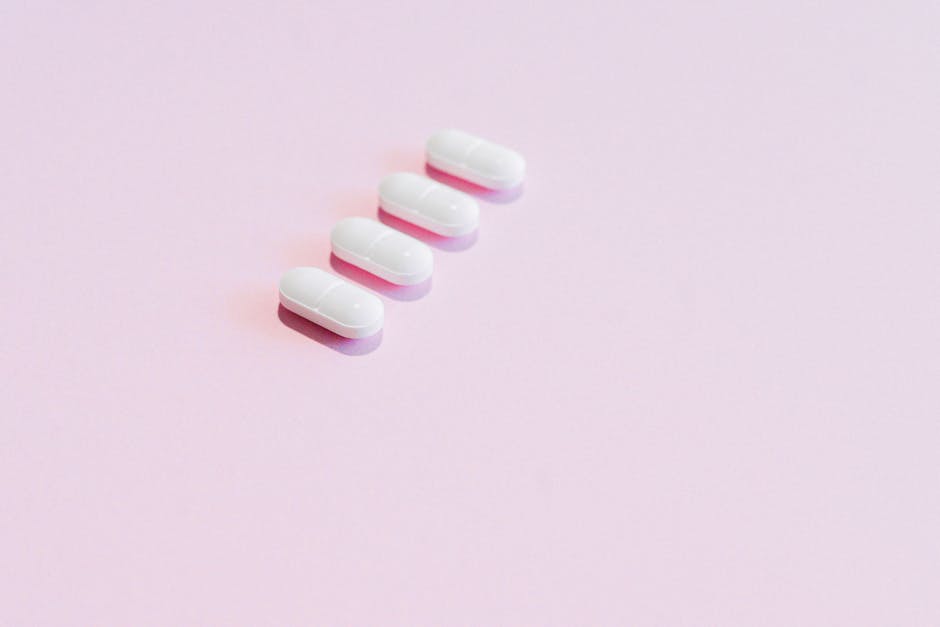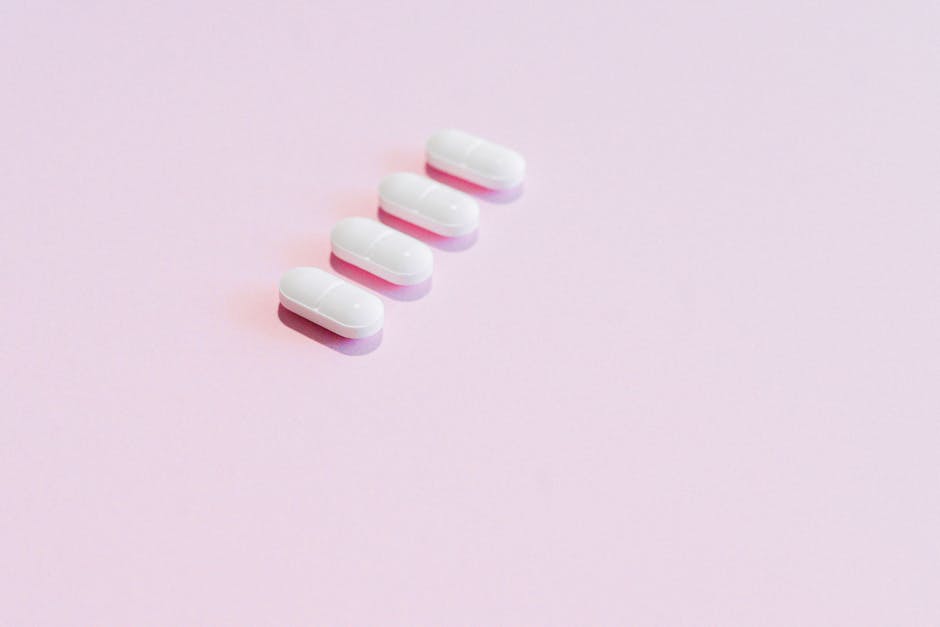Berberine Supplement: Benefits, Side Effects, Dosage, and More
Berberine is a natural compound extracted from several plants, including barberry, goldenseal, and Oregon grape. For centuries, it’s been used in traditional medicine, but recently, it’s gained significant popularity as a dietary supplement due to its potential health benefits. This comprehensive guide will explore berberine supplements, delving into its uses, potential side effects, recommended dosages, and much more.
What is Berberine?
Berberine is an isoquinoline alkaloid, a type of plant compound with various pharmacological properties. It’s found in the roots, bark, and stems of several plants and has a long history of use in traditional medicine systems, such as Traditional Chinese Medicine (TCM) and Ayurveda. Its vibrant yellow color is characteristic of its active components.
Potential Health Benefits of Berberine Supplements
Numerous studies suggest that berberine may offer a range of health benefits. While more research is needed to confirm these effects definitively, the evidence is promising:

1. Blood Sugar Control:
One of the most extensively researched benefits of berberine is its impact on blood sugar regulation. Studies indicate it may improve insulin sensitivity and glucose metabolism, potentially aiding in the management of type 2 diabetes. It achieves this by influencing several pathways involved in glucose uptake and metabolism.
2. Cholesterol and Lipid Management:
Berberine has shown promise in improving lipid profiles. Research suggests it may help lower LDL (“bad”) cholesterol and triglycerides while increasing HDL (“good”) cholesterol. This effect could contribute to reducing the risk of cardiovascular disease.
3. Weight Management:
Some studies suggest that berberine may support weight management by affecting metabolism and appetite regulation. However, it’s crucial to note that weight loss results may vary, and berberine should not be considered a standalone solution for weight loss but rather a supplementary approach alongside a healthy diet and exercise.
4. Gut Health:
Berberine’s potential benefits extend to gut health. It may modulate the gut microbiome, potentially improving its composition and function. This could have implications for overall health and well-being, given the increasingly recognized importance of the gut-brain axis.
5. Anti-Inflammatory Effects:
Emerging research suggests that berberine possesses anti-inflammatory properties. Chronic inflammation is implicated in various diseases, and berberine’s potential to reduce inflammation may offer protective effects against certain conditions.
6. Potential Anti-cancer Effects:
Preliminary studies have hinted at berberine’s potential role in cancer prevention and treatment. However, it’s crucial to emphasize that these are still early findings, and further research is needed to confirm its efficacy in this area. Never rely on berberine as a cancer treatment without the guidance of your oncologist.

Berberine Supplement Dosage and Forms
The optimal dosage of berberine can vary depending on individual factors and the specific health condition being addressed. It’s generally recommended to consult a healthcare professional to determine the appropriate dosage for your individual needs. Typical dosages range from 500mg to 1500mg per day, often divided into multiple doses.
Berberine supplements are available in various forms, including capsules, tablets, and powders. The choice of form depends on personal preference and ease of use. It’s vital to choose high-quality supplements from reputable brands that have undergone third-party testing to ensure purity and potency.
Potential Side Effects of Berberine
While generally well-tolerated, berberine can cause side effects in some individuals. These side effects are often mild and may include:
- Gastrointestinal issues: Such as diarrhea, nausea, and abdominal discomfort.
- Low blood pressure:
- Muscle aches:
- Headaches:
Severe side effects are rare, but it’s important to discontinue use and seek medical attention if you experience any concerning symptoms. Individuals with specific medical conditions, such as liver or kidney disease, should consult their doctor before taking berberine supplements.
Drug Interactions
Berberine can interact with certain medications. It’s crucial to inform your doctor or pharmacist about all medications, supplements, and herbal remedies you are taking before starting berberine supplementation. Potential interactions may exist with blood thinners, diabetes medications, and other drugs affecting liver function.

Berberine and Pregnancy/Breastfeeding
There is limited research on the safety of berberine during pregnancy and breastfeeding. It’s generally recommended to avoid berberine during these periods unless specifically advised by a healthcare professional.
Choosing a Quality Berberine Supplement
When selecting a berberine supplement, look for products that are:
- Third-party tested for purity and potency.
- From a reputable manufacturer.
- Clearly labeled with the amount of berberine per serving.
Conclusion
Berberine shows promising potential as a natural supplement with various health benefits. However, it’s essential to approach its use responsibly. Consult a healthcare professional before taking berberine supplements, particularly if you have underlying health conditions or are taking other medications. While promising, berberine is not a magic bullet, and a healthy lifestyle that includes balanced nutrition and regular exercise remains crucial for optimal well-being.

